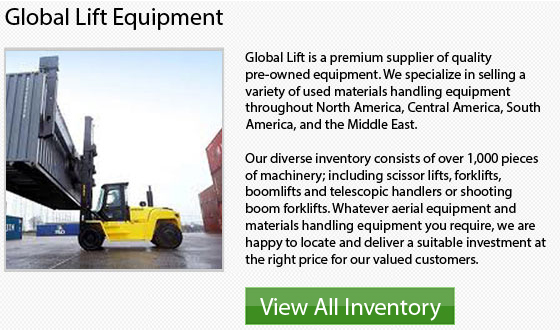
Forklift Truck Training
Operators have to undergo training on an industrial-powered forklift, or lift truck to be given forklift operator certification. The training course must be specific to the lift truck attachments and type which you would be utilizing on the job. Training should also reflect the environment wherein you would be working. Lift truck safety should be a main concern for both the operator trainee and the trainer.
General Qualifications
Prior to assuming any operator duties, all forklift operators should undergo both training and certification. Basic credentials for operating a forklift include an age minimum of eighteen years and the physical capacity to safely operate and control the unit.
Pedestrian Safety
The safety of pedestrians should be a main concern of any forklift operator. Pedestrians near the forklift are at risk of injury or death from getting hit by the machine or its attachments. Pedestrians should always have the right of way, and forklift drivers must honk their horns when working at crosswalks or intersections or near pedestrians.
Weather Conditions
Lots of accidents involving lift trucks occur at loading docks. These areas become dangerous if rain leaks in through open dock doors causing a very slippery floor. Wet floor conditions could lead to a danger and operators must know potential hazards when working in loading dock areas.
Certification
Lift truck certification courses consist of a combination of practical training and classroom instruction tailored to the particular needs of the workplace. Training should be undertaken on the kind of forklift and attachments which would be utilized by the trainee in the workplace.
Mishaps
On average, there is roughly 100 deaths attributed to forklift mishaps, while over 100,000 are injured by lift trucks. Most of these accidents are preventable with attention to safety and correct operator training.